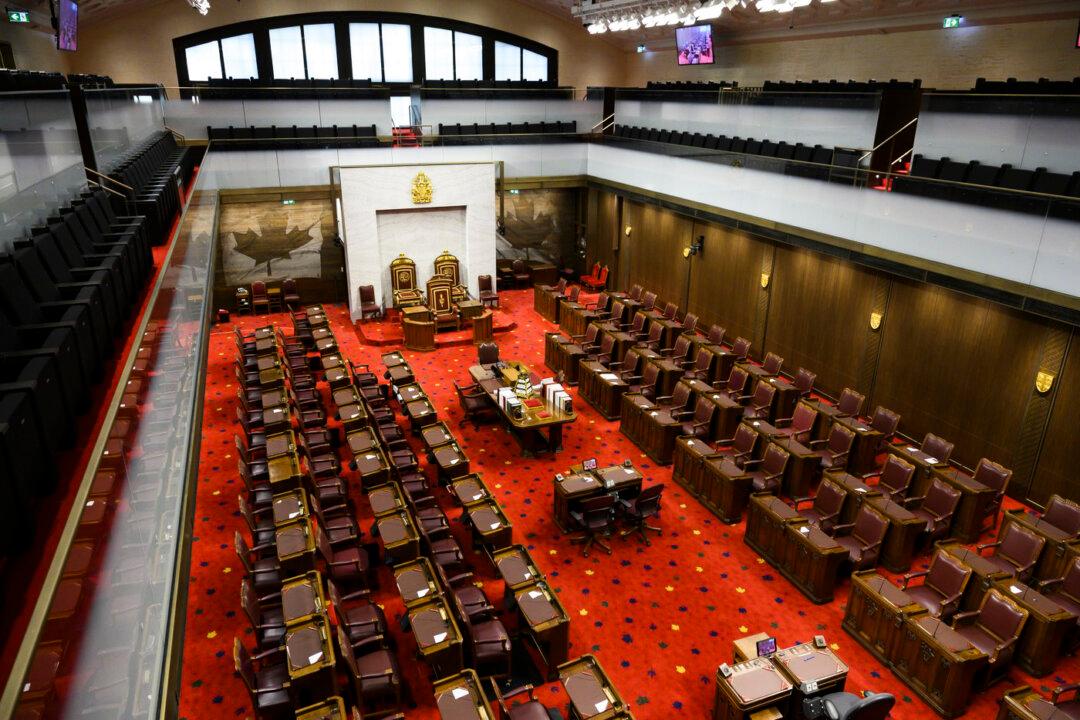Prime Minister Justin Trudeau’s latest appointments to the Senate have been met with criticism from various sectors of society, including a provincial premier.
Alberta Premier Danielle Smith said the will of Albertans was not respected in the appointments of Daryl Fridhandler and Kristopher Wells to represent Alberta as independent senators. Alberta has been holding non-binding elections since 1989 to choose its senators-in-waiting, the only jurisdiction with such a practice.





